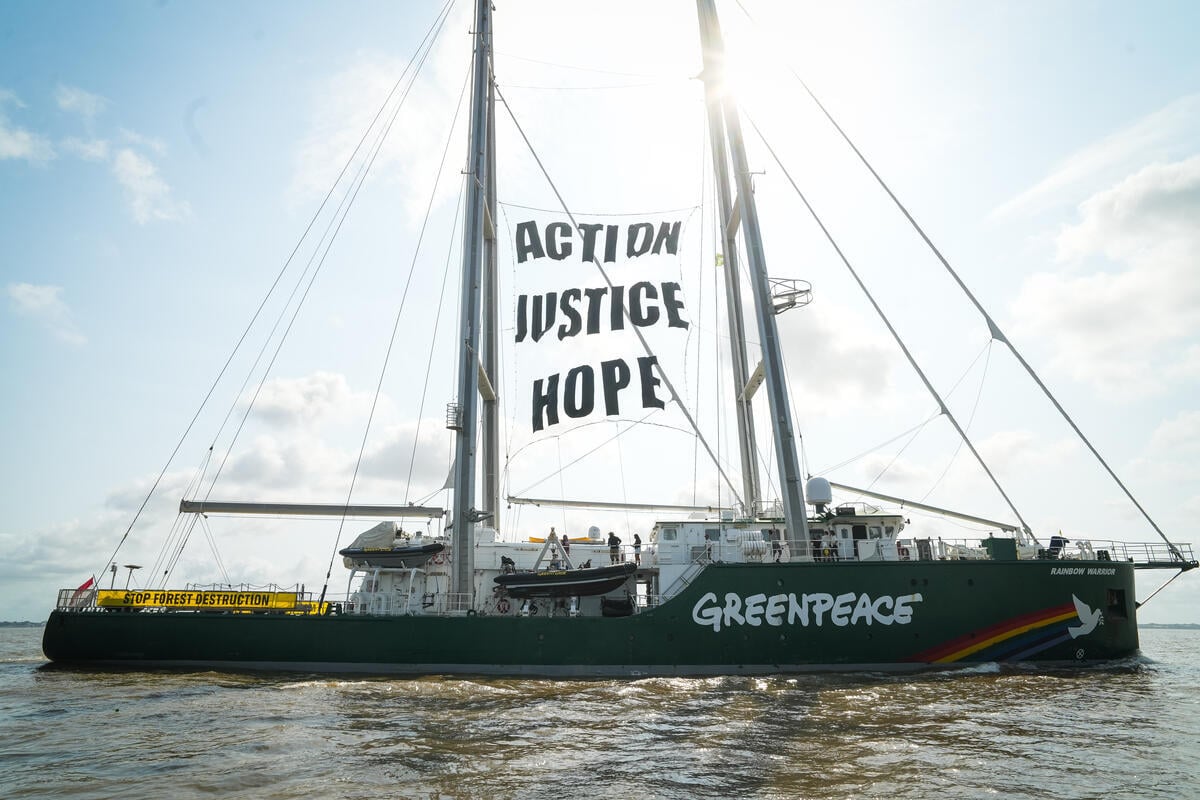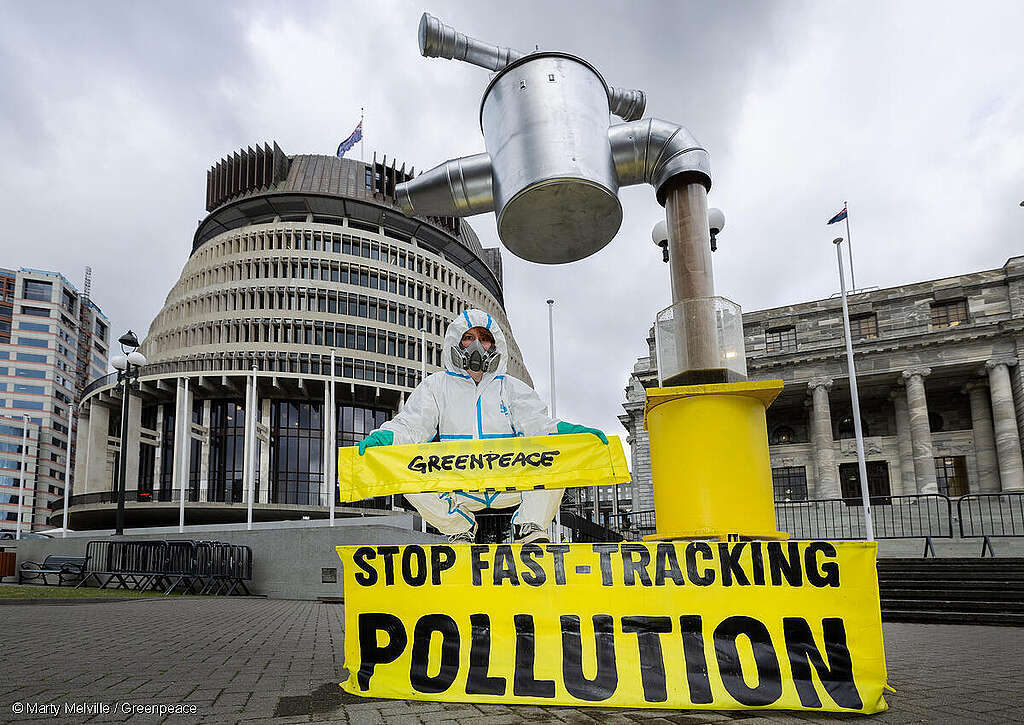Negotiations on whether to allow deep sea mining to go ahead at the International Seabed Authority (ISA), have been rocked by the publication of a groundbreaking study that reveals that the polymetallic nodules that mining companies want to extract from the ocean may be producing “dark oxygen” in the deep sea. Delegates from Panama and Costa Rica have taken the floor to highlight the significance of this discovery and call for precaution.
Germany, Costa Rica, Netherlands, Ireland and Chile raised questions about Michael Lodge’s financial mismanagement and concerns over transparency and accountability (see Germany’s intervention HERE). Friday 2 August is set to be the date when delegates will vote for the next Secretary General.
The Council meeting finishes today. Negotiations will not reach an agreement on a mining code.
Intervention from Su Senoría Roger González M., from the Embassy of Panamá at the ISA Council on 25 July:
“This news reaffirms that we need to slow down urges for exploitation and give time for science to continue studying the seabed so that we can take care of the treasure that is the common heritage of humankind. It’s important that the authority according to UNCLOS in the near future make a presentation on the impact and importance of these discovery.”
The Metals Company Response to the Oxygen study
Two days after the publication and despite a continued lack of agreement on deep sea mining rules, Gerard Barron, The Metals Company (TMC) CEO which partially funded the study, stated his company’s intention dispute this groundbreaking discovery, which highlights how much is still to discover about deep ocean ecosystems, and continue with plans to apply for a licence to extract minerals from the ocean floor.
Barron told Reuters that it is “not a requirement,” to have mining regulations in place by the time his company starts mining, despite political consensus that no mining should take place in the absence of any rules. TMC said the study is “flawed” and questioned the motivations around the timing of the publication.
Greenpeace Aotearoa spokesperson Juressa Lee (Te Rarawa, Ngāpuhi, Rarotonga) says, “This incredible study demonstrates just how little we know about these deep sea ecosystems. The only sensible response is to halt wannabe deep sea miners like The Metals Company from unleashing their machines on the deep sea environment.”
Dr Helen Scales, author of The Brilliant Abyss says, “It’s totally normal for scientific papers to be turned down by several journals before being accepted and there are many reasons why this happens, including the focus of particular journals. If the science is obviously flawed then it won’t end up getting published anywhere. In this case, this study was accepted by a highly-regarded journal after going through a rigorous peer-review process. Multiple experts read it and any concerns they raised had to be addressed before publication. Now the study is out, the wider scientific community has been hugely excited and supportive. The only emphatic criticisms have come from people involved in the mining industry who have vested interests in the findings which could complicate their plans to apply within a year to open the first deep-sea mines. It doesn’t take an expert to see where the conflict of interest lies.”
Louisa Casson, Greenpeace International Stop Deep Sea Mining campaigner, says, “This groundbreaking discovery in the deep sea was partly funded by The Metals Company, but instead of listening to the science, they want to discredit it and push ahead with their plans to destroy the seabed. If we allow deep sea mining to start, who knows how many discoveries about the mysteries of the ocean floor like this could be lost. We need a global moratorium against this destructive industry. Governments are negotiating whether to allow deep sea mining to start, so there’s no better time to have this discussion.”
Dr. Paul Johnston, from Greenpeace’s Science Unit, says, “This study shows that processes are going on in the deep sea and which are associated with these mineral nodules that we are only just becoming aware of. The ecological importance of this process as a source of oxygen in deep-sea environments is not really known but may be highly important. We should impose a moratorium on exploiting these systems because we still lack a comprehensive understanding not only of their biodiversity, but also of the complex ecological functions they support.”



